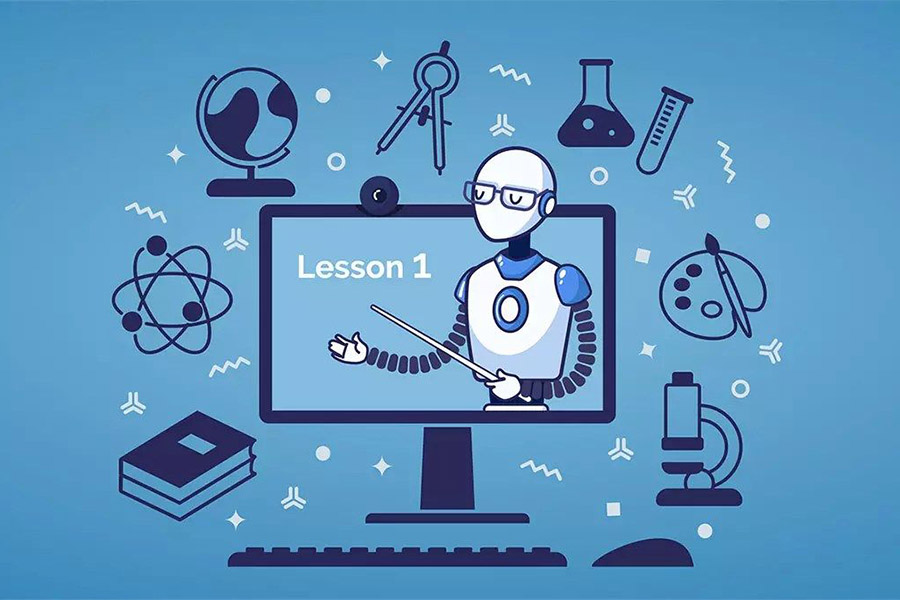Artificial Intelligence (AI) is transforming various aspects of our lives, from our interactions with digital devices to the way businesses operate. As such, many individuals, even those without a technical background, are eager to understand and learn AI deeply. Here is a structured approach to accomplishing this objective.
Understand the Basics: Begin with understanding what AI is and its potential implications. Read popular science books and articles about AI. Some recommended books include "Life 3.0" by Max Tegmark and "The Master Algorithm" by Pedro Domingos.
Start with Mathematics: Learning the mathematics behind AI can be helpful. Although it's not absolutely necessary to delve into complex equations, understanding fundamental concepts in linear algebra, calculus, probability, and statistics will be beneficial when learning more complex AI concepts.
Learn to Code: Pick up a programming language used in AI, such as Python. Numerous online platforms offer free or inexpensive courses for beginners. The key is to practice regularly. Work on small projects and gradually increase the complexity as your skills improve.
Dive into Machine Learning: Machine Learning, a subset of AI, is where computers learn from data. Start with online courses like Andrew Ng's Machine Learning course on Coursera or the Intro to Machine Learning with TensorFlow on Udacity. You'll learn about topics like regression, classification, clustering, and neural networks.
Explore Deep Learning: Deep Learning is a more advanced field within Machine Learning, focusing on artificial neural networks. You can learn more about it through online courses such as the Deep Learning Specialization by Andrew Ng on Coursera.
Hands-on Projects: Nothing beats learning like actually doing. Participate in Kaggle competitions, contribute to open-source projects, or work on your own projects. This could be something as simple as a spam classifier or as complex as an image recognition system.
Stay Up-to-Date: AI is a rapidly evolving field. Stay updated by reading research papers, following AI news, and participating in online AI communities. Websites like ArXiv, Medium, and Towards Data Science are great resources.
Understand the Ethical Implications: As AI becomes more pervasive, understanding its ethical implications is crucial. This includes issues related to privacy, bias, job displacement, and more. Courses like "AI For Everyone" on Coursera can provide insights into these aspects.
Persevere: Learning AI is a journey. Don't be discouraged if you don't understand everything immediately. Be patient with yourself and keep learning.
In conclusion, learning AI deeply as a layperson is certainly feasible. It requires commitment, curiosity, and a willingness to learn. It's a field where continuous learning is the norm. Remember, every expert was once a beginner, so start your journey and see where AI can take you!
Artificial Intelligence (AI) is transforming various aspects of our lives, from our interactions with digital devices to the way businesses operate.
Publication Date
:

Caption
:
Now an associate professor of physics at MIT’s Kavli Institute for Astrophysics and Space Research, Michael McDonald is best known for the discovery of the Phoenix cluster of galaxies.
Credits
:
Related Articles









